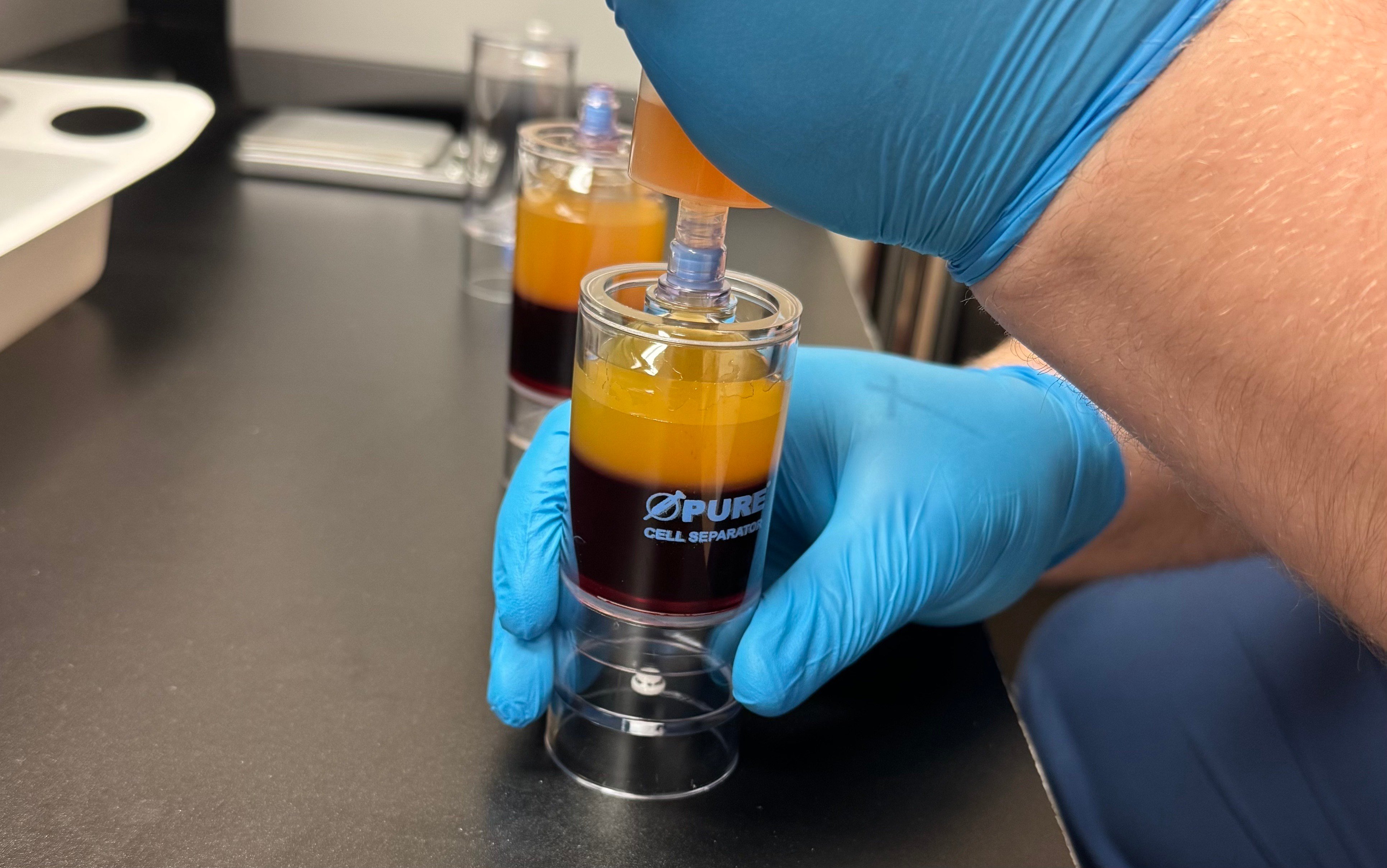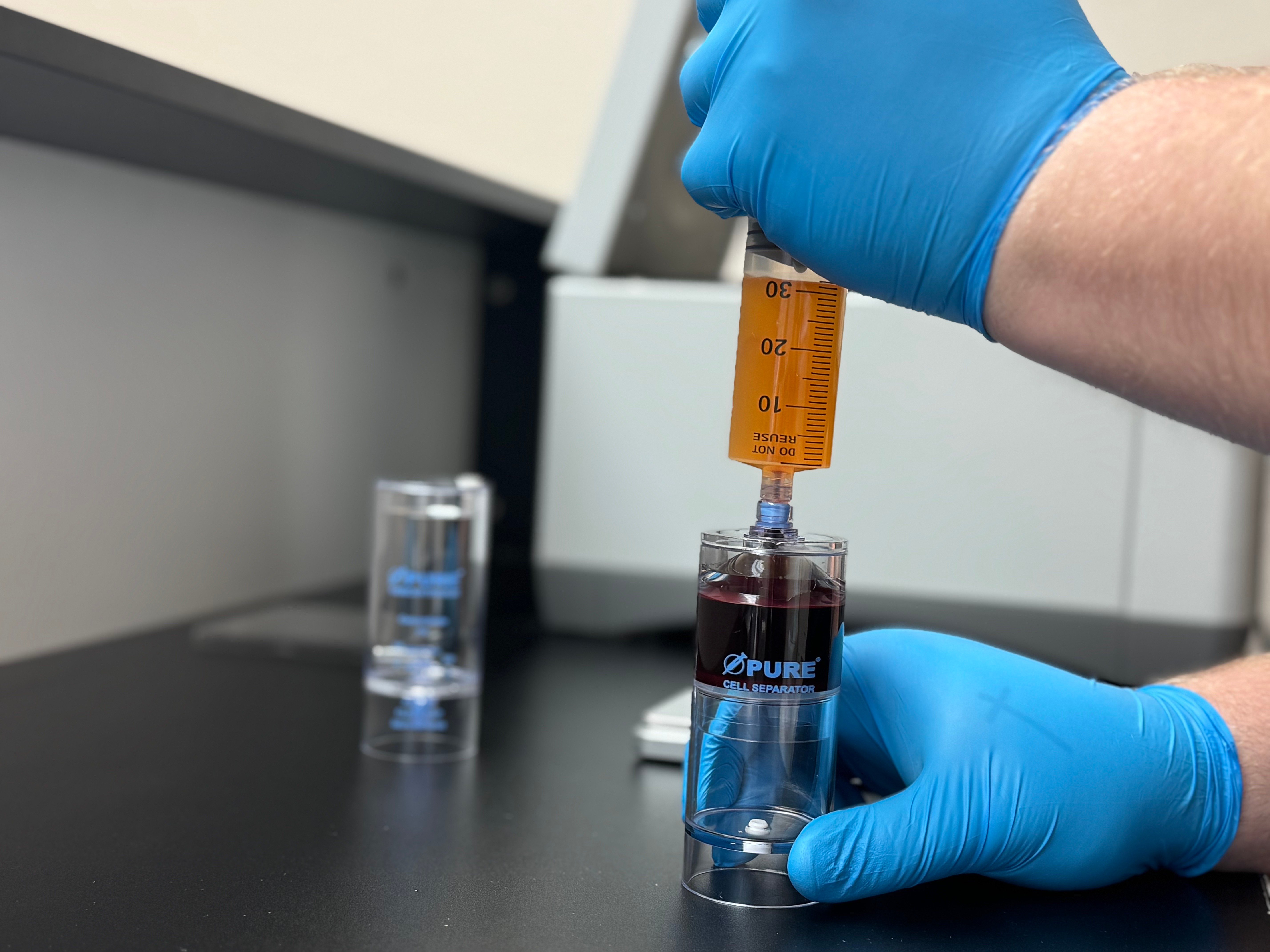Regenerative orthopedics presents a promising opportunity to significantly reduce pain and enhance physical function, offering a potential pathway to improved quality of life for those suffering from musculoskeletal issues. However, with the growing number of clinics and practitioners offering these advanced treatments, it can be challenging to determine the best place to receive care. This blog aims to guide you through the decision-making process by highlighting essential factors to consider when searching for regenerative orthopedic care. These essential factors are based on the 4 pillars of ethical orthopedic regenerative orthopedic medicine care outlined by the American Medical Society for Sports Medicine: Principles for the Responsible Use of Regenerative in Sports Medicine article published in 2021:
By focusing on these key points, you can navigate the complex landscape of regenerative orthopedics with confidence and find a treatment center that aligns with your health goals and needs.
Physician Knowledge and Training
Regenerative orthopedic medicine procedures should be provided by physicians who not only have extensive experience in the field of orthopedics but also possess specialized training in regenerative orthopedics. This specialized training ensures that they are well-versed in the latest techniques and advancements in regenerative treatments, enabling them to deliver care that is both effective and safe.
Key considerations when assessing a clinic/provider offering regenerative orthopedic care:
- What is the training of the person providing treatment recommendations and performing the procedure?
- Do they continue to attend regenerative orthopedic conferences and hands on labs?
- Is regenerative orthopedics a significant aspect of their practice?
- Do you use imaging to guide your biologic injections?
The ROC experience
Dr Miars is Board Certified in Sports Medicine and has been performing regenerative orthopedic procedures since 2006. He has attended or been a speaker for at least one regenerative orthopedic conference/lab a year for the past 5 years. In addition, he utilizes ultrasound to guide all orthobiologic procedures, ensuring the cells are delivered to the desired location for an optimal outcome. With this commitment to continual learning, you can expect to receive the most up to date regenerative orthopedic medicine care.
Informed Consent
Patients seeking regenerative orthopedic medicine care should be thoroughly educated on the wide array of available treatment options, ensuring they have a comprehensive understanding of each procedure. This education should encompass detailed information about the potential risks associated with each treatment, as well as the benefits they might offer. Furthermore, it is crucial for patients to have a clear and realistic expectation of the outcomes they can anticipate from these various treatment options. This includes understanding the likelihood of success, the time frame for recovery, and any possible side effects or complications that may arise. By being well-informed, patients can make empowered decisions about their healthcare, selecting treatments that align with their personal health goals and lifestyle needs. This informed consent process not only enhances patient autonomy but also fosters a collaborative relationship between the patient and healthcare provider, ultimately contributing to more satisfactory treatment experiences and outcomes. Informed Consent and Physician Knowledge and Training are inter-related as the physician knowledge impacts the patient education regarding treatment options and expectation.
Key considerations when assessing a clinic/provider offering regenerative orthopedic care:
- What is the likelihood I will achieve the clinical improvement I am seeking from the procedure being offered?
- What is the base education and ongoing training of the clinician providing the patient education?
The ROC experience
Renew Orthobiologics Center has a partnership with DataBiologics which allows us to access patient reported outcomes data compiled from clinics all across America so you can see how successful different procedures have been on conditions like yours.
Quality Controls
Published studies on platelet-rich plasma (PRP) have demonstrated that the clinical outcomes of this treatment are significantly influenced by the concentration and dose of platelets injected during the procedure. These studies indicate that a higher dose of platelets can enhance the healing process, leading to more favorable results in terms of pain reduction and tissue regeneration. The effectiveness of PRP therapy is largely dependent on the precise preparation and administration of the platelet concentrate, which requires meticulous attention to detail and adherence to established protocols. By optimizing the platelet dose, healthcare providers can maximize the therapeutic benefits of PRP, offering patients a more effective and reliable treatment option for various musculoskeletal conditions. This correlation between platelet dose and clinical outcomes underscores the importance of quality control measures in the preparation and application of PRP, ensuring that patients receive the highest standard of care.
Key considerations when assessing a clinic/provider offering regenerative orthopedic care:
- If looking at PRP, ask the medical professional what platelet dose they are aiming to exceed to optimize the likelihood you will experience the desired outcome.
- What quality control measures do they utilize to ensure you receive the desired PRP dose?
The ROC experience
We stay up to date on the medical literature which has demonstrated clear platelet doses associated with positive procedure responses (as well as doses that do not demonstrate benefit). In addition, we utilize a cell counter to evaluate the baseline and final PRP cell count for every PRP procedure we perform. This combination help ensure you have the highest opportunity to achieve your goals.
Outcome Measures
Finally, as the field of regenerative orthopedic medicine is relatively new, it is crucial for practices that provide regenerative services to diligently track and analyze patient-reported outcomes. This involves systematically collecting data on patients' experiences, including their levels of pain, mobility, and overall satisfaction with the treatment received. By gathering this information, healthcare providers can gain valuable insights into the effectiveness and safety of various regenerative therapies, allowing them to refine and improve their treatment protocols. Moreover, tracking patient-reported outcomes helps to identify trends and patterns that may not be immediately apparent, facilitating a deeper understanding of how different patient demographics respond to specific treatments. This ongoing evaluation not only contributes to the advancement of regenerative orthopedic medicine but also ensures that patients receive the most effective and personalized care possible, ultimately leading to better health outcomes and enhanced quality of life.
Key considerations when assessing a clinic/provider offering regenerative orthopedic care:
- Does the clinic offering regenerative orthopedic medicine services participate in an outcomes registry?
The ROC experience
We are committed to providing state of the art regenerative orthopedic care and to contributing to the advancement of this relatively new field of medicine. That is why we ask all of our patients who have regenerative procedures to participate in our DataBiologics registry. This allows us to monitor if you are improving in line with expectations, compare how our patients respond when compared to national averages, and contribute to the regenerative medicine field. By contributing to this registry, we are growing the information available to help accurately counsel future patients as well as continue to refine and adapt our procedures which ultimately helps us achieve our goal of helping patients like you.
Summary Recommendations
If you are dealing with chronic tendon injury or arthritis, Regenerative Orthopedic Medicine can help get you back to doing the activities you are missing out on. Best practice recommendations state that a medical professional providing this care should do the following:
- Participate in continuing medical education, specifically in Regenerative Orthopedics / Orthobiologics
- Inform patients of procedure expectations, including risks, post procedure course and likelihood of benefit
- Participate in quality control measures, specifically performing lab analysis of PRP
- Track patient outcomes and contribute to the knowledge base of this relatively young sub-specialty in medicine
Considering PRP to help you achieve your activity goals? Give us a call to see how the ROC experience can help!


